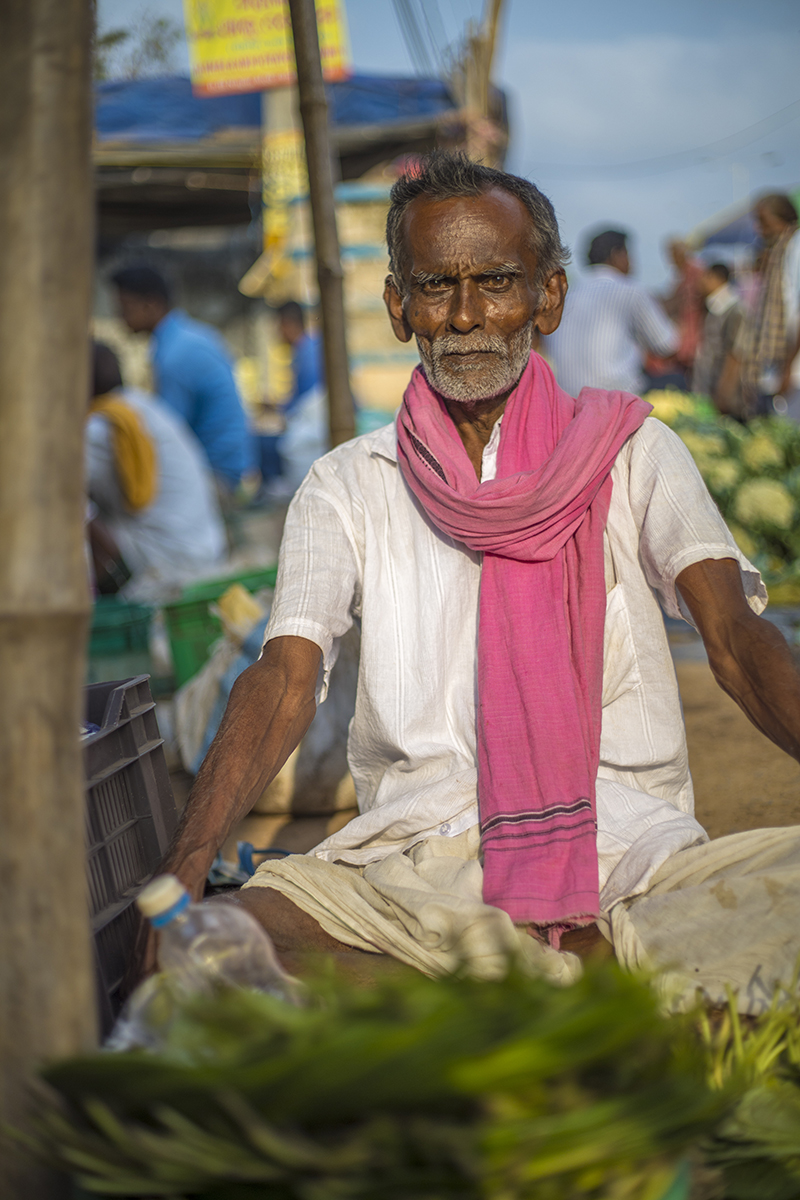 |
| A modern day 'Tulsi Vrindavan' |
'Tulsi Vrindavan' or 'Tulsi Chaura' (in Odia language) has its own significance in any Hindu home. It is a podium like structure made of stone or cement or even of mud (as per somone's spending capacity) for the 'Holy Basil' plant, mostly placed at the entrance of the house or at the center of the courtyard of traditional Indian homes.
In Odia culture, it is an ritual to offer water at 'Tulsi Vrindavan' and to take a few leaves of Tulsi/Holy Basil as prasadam. Also, in the evening, the woman of the house lights a diya (oil lamp) here.
The literal translation of word 'Tulsi' is 'matchless' and Tulsi (Holy Basil) is regarded as an manifestation of 'Goddess Lakshmi' in Hinduism. Offering of Tulsi leaf is mandatory during ritualistic worship of 'Lord Vishnu'.
The literal translation of word 'Tulsi' is 'matchless' and Tulsi (Holy Basil) is regarded as an manifestation of 'Goddess Lakshmi' in Hinduism. Offering of Tulsi leaf is mandatory during ritualistic worship of 'Lord Vishnu'.






































